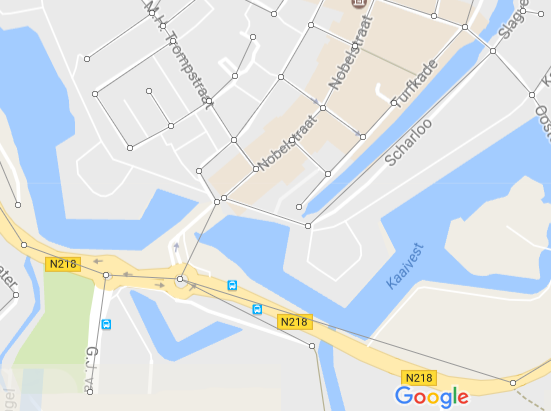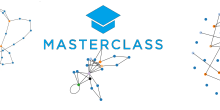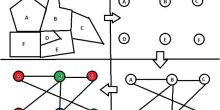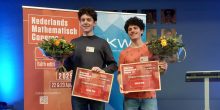In March and April 2023 a masterclass on networks and algorithms was organised by NETWORKS.
Following the tradition of the last five years, also this year the NETWORKS research program (a mathematics research collaboration between the University of Amsterdam, Leiden University, the Eindhoven University of Technology, and the CWI (Centrum Wiskunde en Informatica)) organized a two-day masterclass on the mathematics behind networks and algorithms. The masterclass was organized twice, once in Eindhoven on the campus of the Eindhoven University of Technology, and once in Amsterdam at Science Park. Below we give all the material used in the masterclass.
The masterclass and the material of both days
Each two-day event was intended for secondary education students (VWO 5 or VWO 6) and teachers. The event aims to introduce secondary school students with an interest in mathematics to education at a university and to provide them with further deepening in their mathematical knowledge. The programme of each day consisted of lectures, discussions, exercise sessions, simulations, and some computer programming. The speakers for NETWORKS goes to school 2023 were Martijn Gösgens (TU/e) and Nikki Levering (UvA). All the material of the masterclass is given below.
Martijn Gösgens – Mathematics and netwoks: detecting communities.
Many real-world phenomena can be phrased in terms of networks. A network consists of objects with connections between them, and possibly also properties of the objects and their connections. In a road network, the objects may be the cities, while the connections are given by the roads between them. In mathematics, a network is called a graph, the objects are called vertices (or nodes), and the connections are called edges.
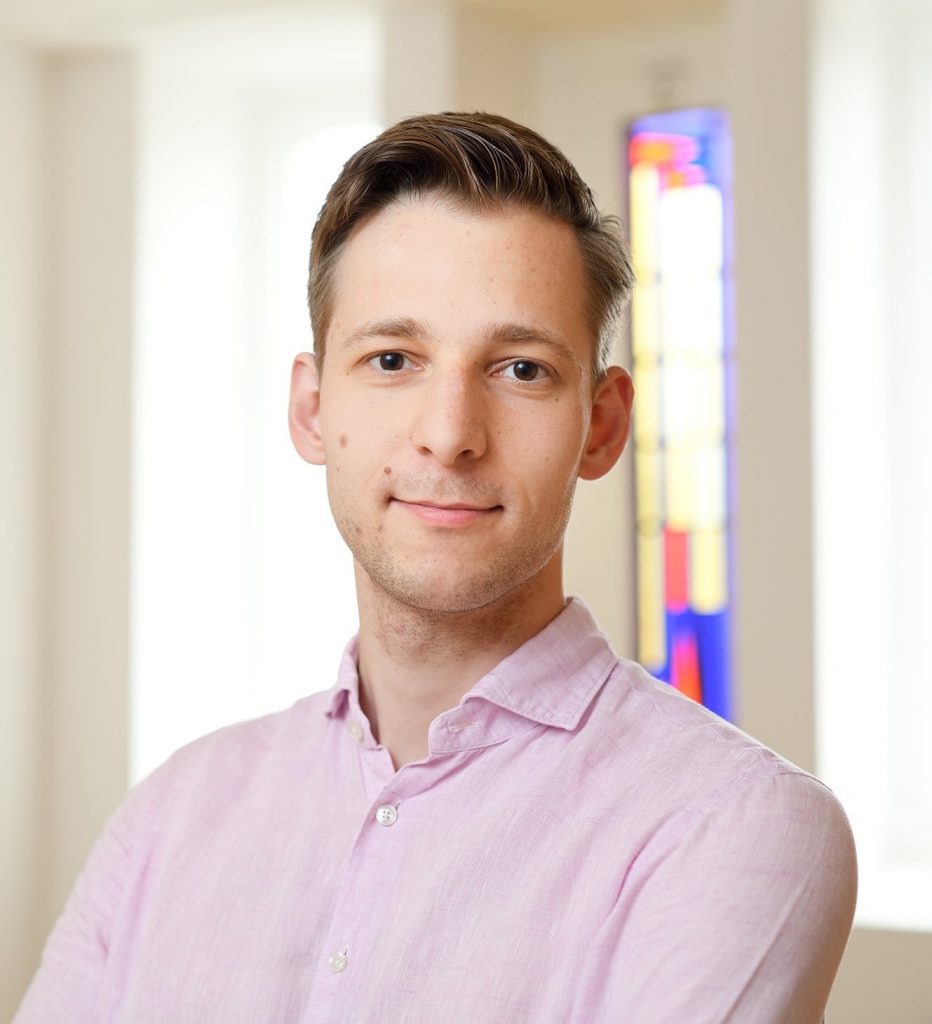
Communities are groups of nodes that are more densely connected internally than externally. Such communities could, for example, correspond to groups of friends on social media. In this session, you will learn about the mathematics behind networks and how mathematics can help in identifying communities in them!
For this part we used Sections 1.1 and 1.3 (crash course) and Chapter 2 (main session) from the booklet. All the slides (crash course and main session) we used can be found here.
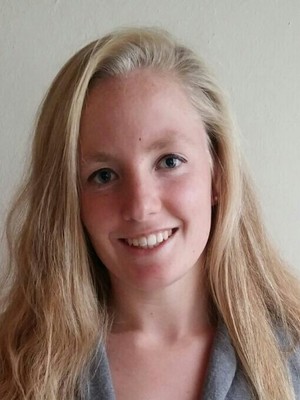
Nikki Levering– Mathematics and algorithms: finding the best route on a network.
Have you ever wondered how your phone can compute in less than a second the best route to go from home to your best friend's place? The heart of software is formed by algorithms: step-by-step procedures to perform given tasks. Algorithms can be executed by computers, but also by persons.
Finding the shortest route on a network is a typical example of a mathematical problem which is solved using algorithms. In general, algorithms have evolved into a very modern and important field in mathematics. In this talk, you will learn how mathematicians study and describe algorithms, and you will also make one to find the shortest route between two nodes!
For this part we used Sections 1.1 and 1.2 (crash course) and Chapter 3 (main session) from the booklet. All the slides (crash course and main session) we used and three animations we showed can be found here. We also showed this animation to show how Dijkstra's algorithm would work in a practical setting.
The masterclass is entirely in English because we want it to be accessible to students from international schools as well. Each day started with a crash course of almost an hour to cover to basic concepts and definitions. Afterward, the main sessions followed. Each session was divided into blocks of mini-lectures of 20-30 minutes covering one theme/topic, directly followed by an exercise session on that theme/topic. In this way, the students could work directly on the new topics, and we as teachers could make sure that all new concepts are being understood correctly.
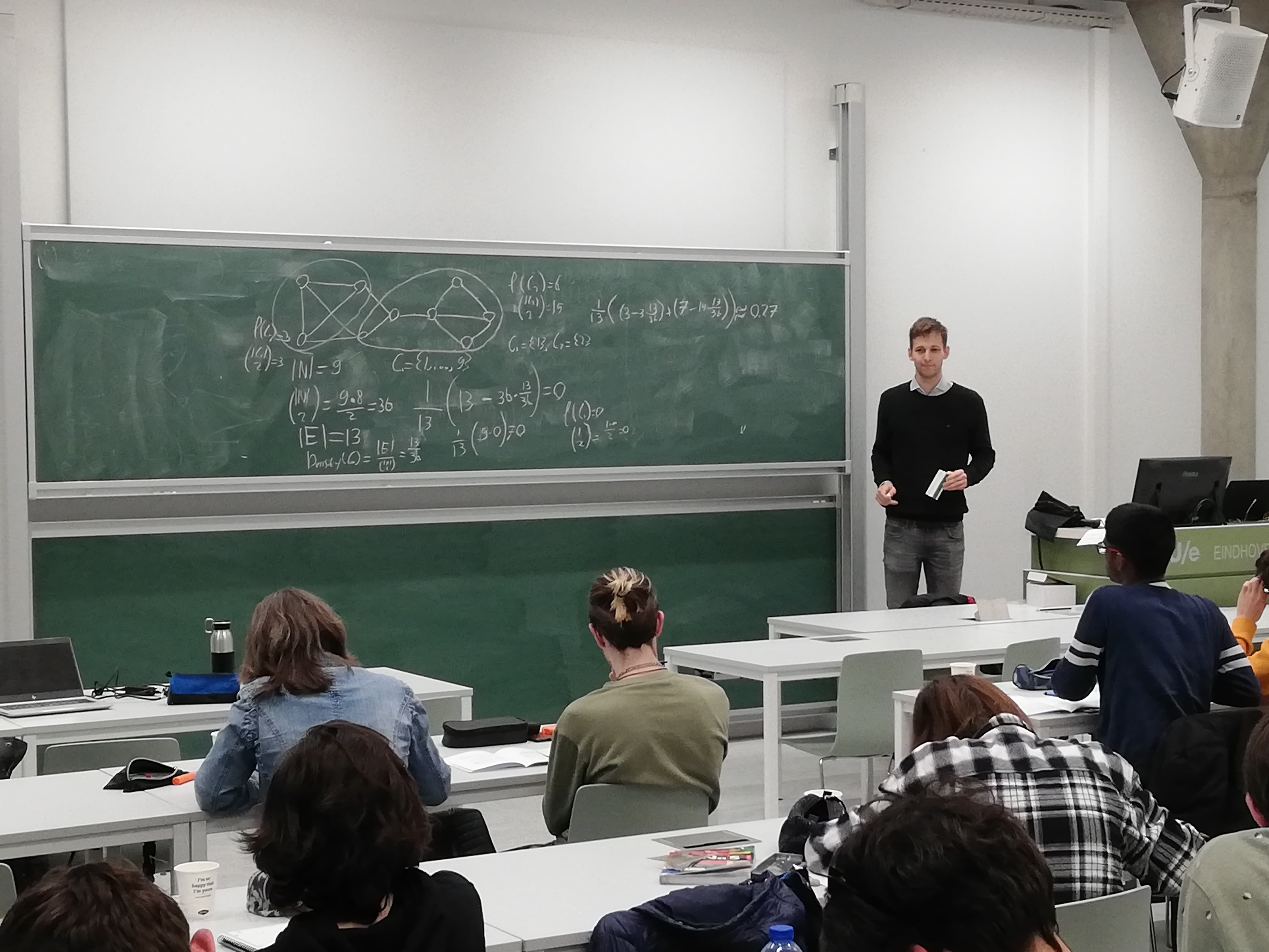
Martijn Gösgens during his session on Communities in Networks.
This year we were very happy because, besides the individual students who joined, also two schools joined with two whole classes. This was an additional challenge for us because it was the first time we offered such a two-day masterclass for a whole class. When a whole class joins such as event as part of their school mathematics curriculum you know that the group will have more broad interests and background knowledge. This means that you have to make a program to meet various different interests.
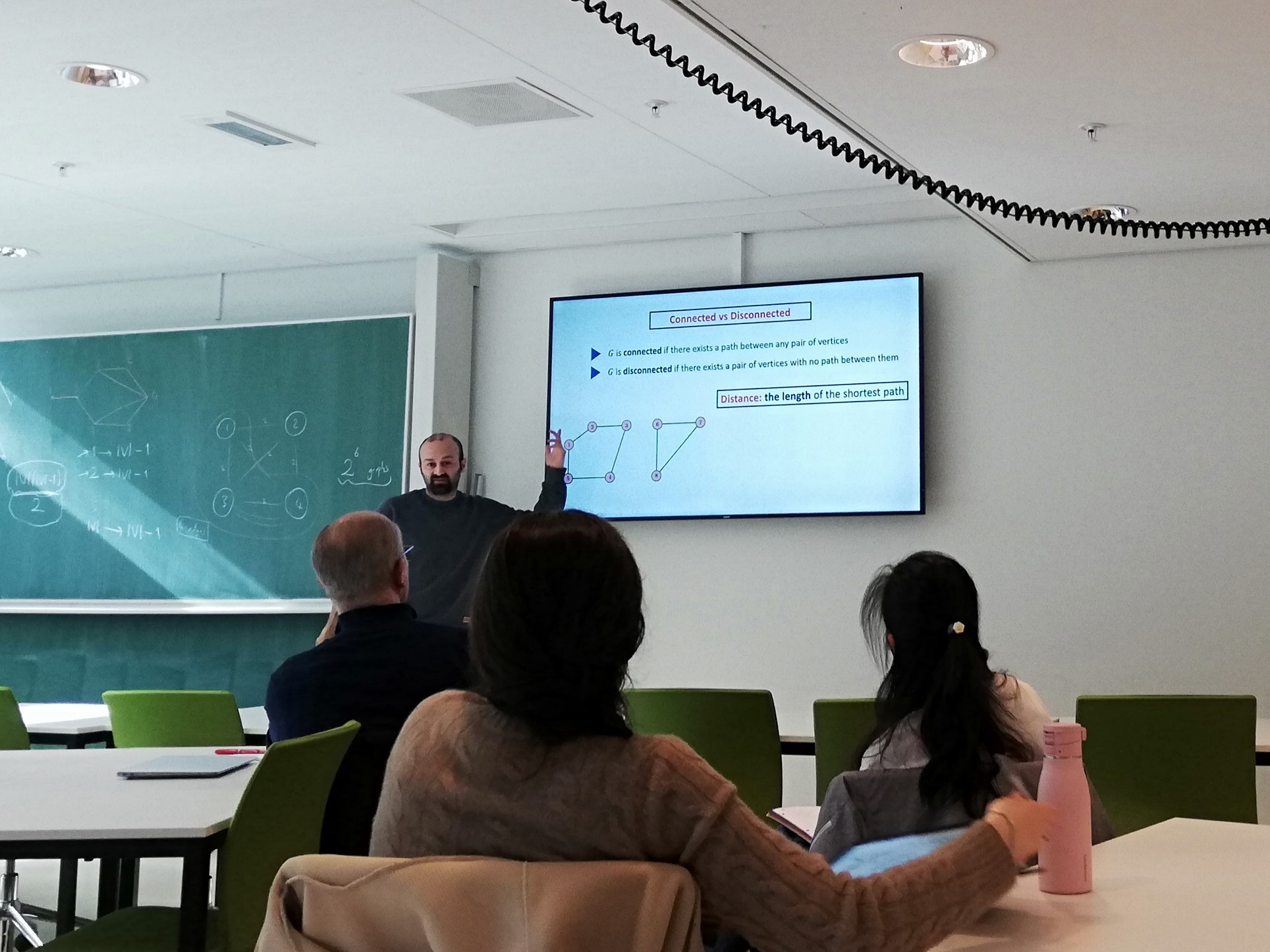
Every day started with a crash course to cover some basic concepts that would be needed during the masterclass. In the photo: Mehmet Akif Yildiz during the crash course.
To address this, we decided this year to deviate from the standard format we were used to in previous years. We replaced the long lecture in the morning, and the long exercise session in the afternoon, with mini-lectures of 15-20 minutes directly followed by short exercise sessions. We thought that such a format would stimulate more interaction, and help the students understand better the material, since this would be discussed in smaller parts. I start believing that such a format, with shorter lectures followed by short exercise sessions, suits better teaching mathematics than the traditional approach of a lecture of 1-2 hours, followed by an exercise class of 1-2 hours.

Nikki Levering. PhD candidate in mathematics at the University of Amsterdam, prepared a session on more realistic extensions of Dijkstra's algorithm.
The only difficulty was that the number of individual registrations from international schools was rather low this year, compared to the years before Covid. We are not entirely sure with this happened but it is time for a good evaluation before starting with organizing the masterclasses for next year.
As organizers we enjoyed all masterclasses a lot, the students worked on many exercises, ranging from simple to very advanced, and the evaluations were positive. Below are some responses of the students in the evaluation
"The mathematics that we applied during the masterclass was a breath of fresh air because we would never do something as unique as the masterclass in our regular mathematics lessons."
"The part I liked the most was how all of the teachers made a link with real life. They compared the theory we're using with Google maps and why they do not use it, and how to improve the idea to solve this problem of the code running for a too long time. At some points, it got a bit boring though, and I felt like there were big jumps. It went from quite easy to really difficult. You could improve this by trying to make a little easier steps until we're given the hard assignment at the end."
"The lectures were interesting, with topics that were relevant, aside from that it was fun to see how math can be used in daily life and how models work with networks. I personally would have liked a few more exercises, or maybe some more previews of exercises, the last part of the class was rather challenging, and especially the given formulas seemed quite random at first."
"I appreciated the fact that it was easy to follow and that we gradually made steps. The lessons were interactive and allowed us to ask questions whenever we wanted. In general, I had a positive first impression of this TU."

The first day of the masterclass at the TU/e.
You can read more about the previous editions of the masterclass and also find all the material presented in the previous editions here. In case you have any questions regarding the material or you are interested to use the material feel free to contact us via editor@networkpages.nl.

